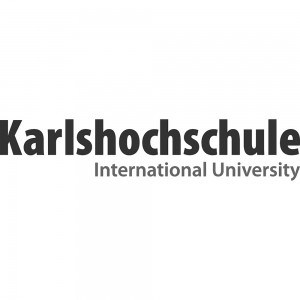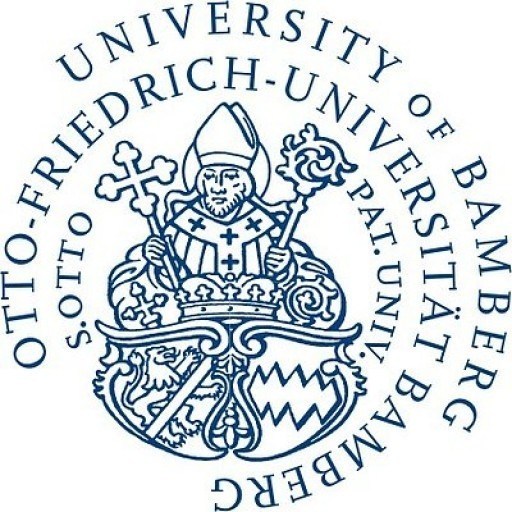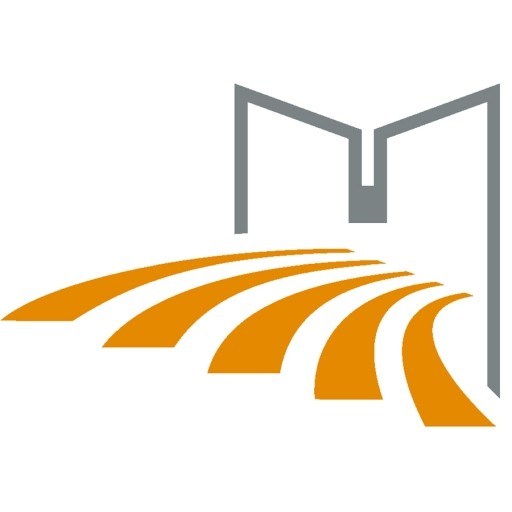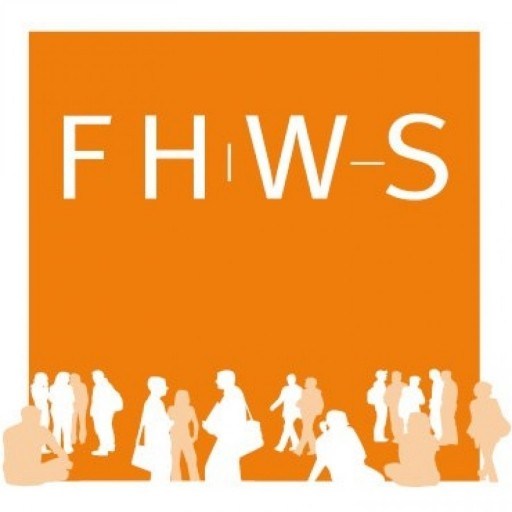Photos of university
The Master of Arts in International and European Governance offered by the University of Münster is a comprehensive, interdisciplinary programme designed to prepare students for active participation and leadership roles within the complex realms of international and European politics, policy-making, and governance. This programme provides students with a thorough understanding of the institutional structures, political processes, legal frameworks, and socio-economic factors that shape governance at both regional and global levels. Through a combination of theoretical frameworks and practical applications, students will develop critical analytical skills to assess policy issues, formulate strategic solutions, and implement effective governance strategies in diverse contexts.
The curriculum covers a broad spectrum of topics, including European integration, international organizations, global governance, human rights, security policy, environmental policy, and the rule of law. Emphasizing an interdisciplinary approach, the programme integrates insights from political science, law, economics, and sociology, enabling students to appreciate the multifaceted nature of governance challenges and opportunities. Interactive seminars, case studies, and project work foster active learning and encourage students to apply their knowledge to real-world issues.
Students will also benefit from the programme’s strong international orientation, gaining exposure to diverse perspectives through lectures by distinguished faculty and guest speakers from various countries and organizations. The programme encourages international mobility and collaboration, facilitating exchanges and internships that enhance practical skills and build professional networks. Graduates will be equipped to pursue careers in governmental agencies, international organizations, NGOs, think tanks, and private sector entities involved in policy analysis, diplomatic service, public administration, and consultancy.
The University of Münster’s dedicated faculty and modern facilities support an engaging learning environment focused on academic excellence and personal development. Graduates of this programme will be well-prepared to contribute effectively to international and European governance processes, shaping policies that address contemporary global challenges and promote sustainable development, peace, and human rights. With a strong emphasis on critical thinking, intercultural competence, and practical skills, the Master of Arts in International and European Governance offers an ideal pathway for students aspiring to make a meaningful impact in the complex and dynamic world of global affairs.
Educational organisation
The unique feature of this course is that it takes place at two different universities, the IEP Lille and the University of Münster. There is an annual change of location, so the first and third years are completed in Lille (France) and the second and fourth year in Münster (Germany). For their fifth year, students can choose between Münster and Lille or another certified partner university.The course is intended as a consecutive Bachelor-Master combination, as the French degree is only obtained after an optional fifth year of study.
At the IEP Lille, a comprehensive programme is taught during the first year of studies, including courses in economics, history, law, and languages. It forms the basis for the choice between various Master's specifications, ranging from European Careers over Sustainable Development to Organisational Communication for the third and possible fifth year. At the WWU Münster, political science is in the focus of studies, starting with basic courses (e.g., international relations, political theory), methods courses, and a variety of elective courses in the second year, followed by a focus on International and European Governance in the fourth and possible fifth year.
Study abroad unit(s)
Owing to the special organisation of the course, students spend every second year, i.e. half of their studies abroad, either in Lille (France) or in Münster (Germany).Internships
A compulsory internship is to be conducted in the fourth year of studies (first year of the Master's part).Forms of assessment
Apart from written and oral exams, written papers are a common form of assessment. These papers should guarantee that students acquire scientific and methodical tools necessary to be able to write their Bachelor's and Master's theses.Students have to pass numerous module exams that focus on the direct application of newly-acquired knowledge. These forms of examination attach great importance to the reproduction and interconnection of the theoretical approaches, concepts, techniques and tools acquired.
Within each module, students have to pass additional requirements, such as presentations, practical tasks, oral tests, records, term papers, or internships.
Another special feature of this course is the "Grand Oral", which takes place at the end of the third year of study at the IEP Lille.
Course objectives
During their studies, students have to prove their mobility and flexibility, which will facilitate their career entry within a united and extended Europe. Additionally, the course provides students with key competences, qualifying them for multiple professions.As it focuses on international and European governmental structures, it ensures that students develop an extensive knowledge of relevant institutions, their tasks, problems, and compositions. In combination with their knowledge of central actors and structures, scientific theories, as well as developments in certain complexes, students will be able to question political processes critically. Thanks to extensive methods training, students are also capable of pursuing further academic studies.
Former graduates of International and European Governance are employed in a lot of different fields. Naturally, numerous graduates find jobs in political or public organisations, such as NGOs and QGOs (EU, UN, World Bank), in journalism such as print media, television, and radio, or in the public sector. A few students work in the private economic sector. Thanks to the bi-national focus of the course, German-French employers also find graduates from this programme attractive.
Language requirements
The ability to actively participate in French university courses is tested via application documents and especially during the personal interviews by the French-German Examination Board. Comparability of proficiency in French within the cohort is achieved by a C-Test (university-internal). In order to pass the test, candidates must achieve a minimum score of 70 points out of 100.Candidates who are native speakers of French are invited to apply via our partner, the IEP Lille at the BAC+0 or BAC+1 stage of their academic training. During the selection process there, proficiency in German is tested in a written examination and especially in the personal interviews by the French-German Examination Board.
Required DSH / TestDaF
YesAcademic requirements
University entrance qualificationEnrolment fees
Social semester fee of 240 EUR per semester, including a semester ticket covering public transport for the greater Münster area and the German federal state of North Rhine-WestphaliaCosts of living
Approx. 700 EUR per month to cover accommodation, insurance, and personal expensesArrival support
The academic year in Lille starts with an orientation week during which students get to know most of their future lecturers as well as more advanced students, and are accompanied in the enrolment process. In Münster, an orientation week is held at the Institute for Political Science, and students learn about planning their studies, writing a Bachelor's thesis, and organising internships.Services and support for international students
The first contacts for students are the coordinators of the course International and European Governance in both Münster and Lille. This ensures that students profit from short communication channels and will find answers to all questions and uncertainties concerning their course of studies.In addition, there are numerous information meetings, established specially for students of International and European Governance.
To ensure that students find their way around a university as huge as the University of Münster, the Institute of Political Science has created its own Service and Information Center (SIC!).
The Institute of Political Science and the IEP Lille both provide exclusive courses for their students. Special attention is paid to methodological training and language skills.










